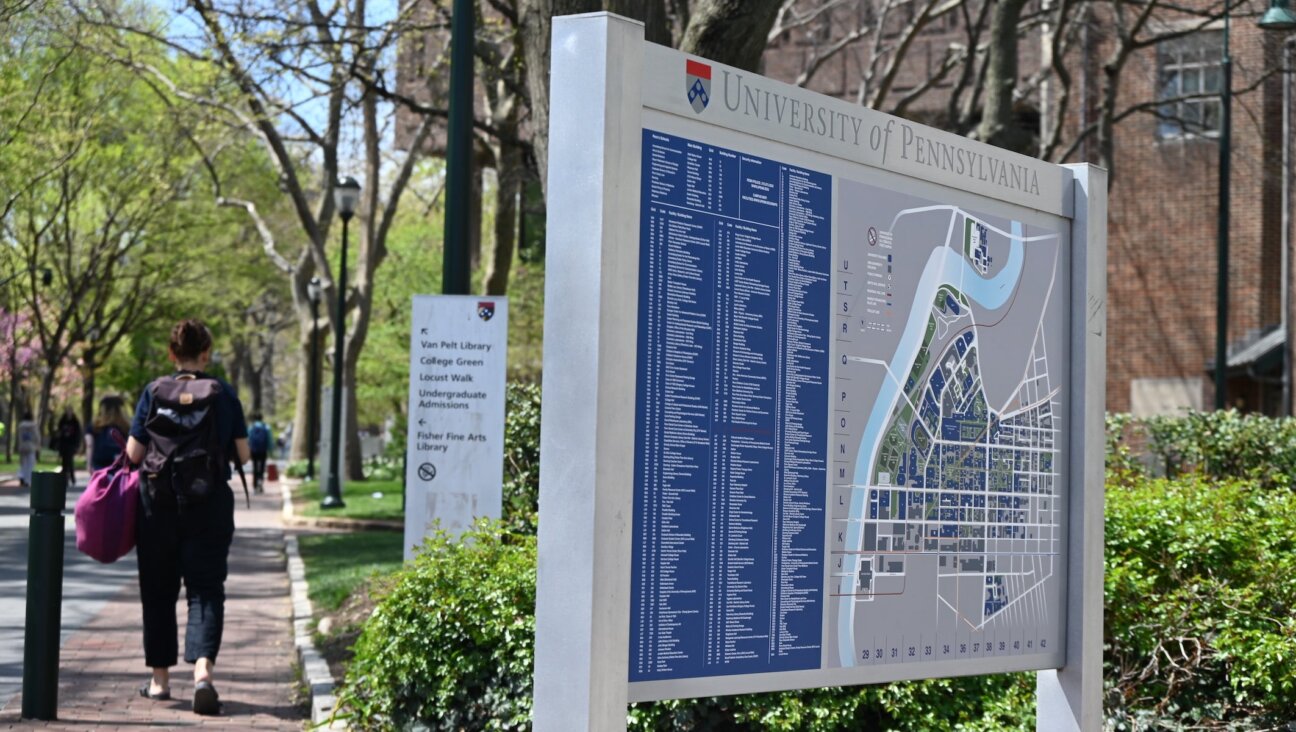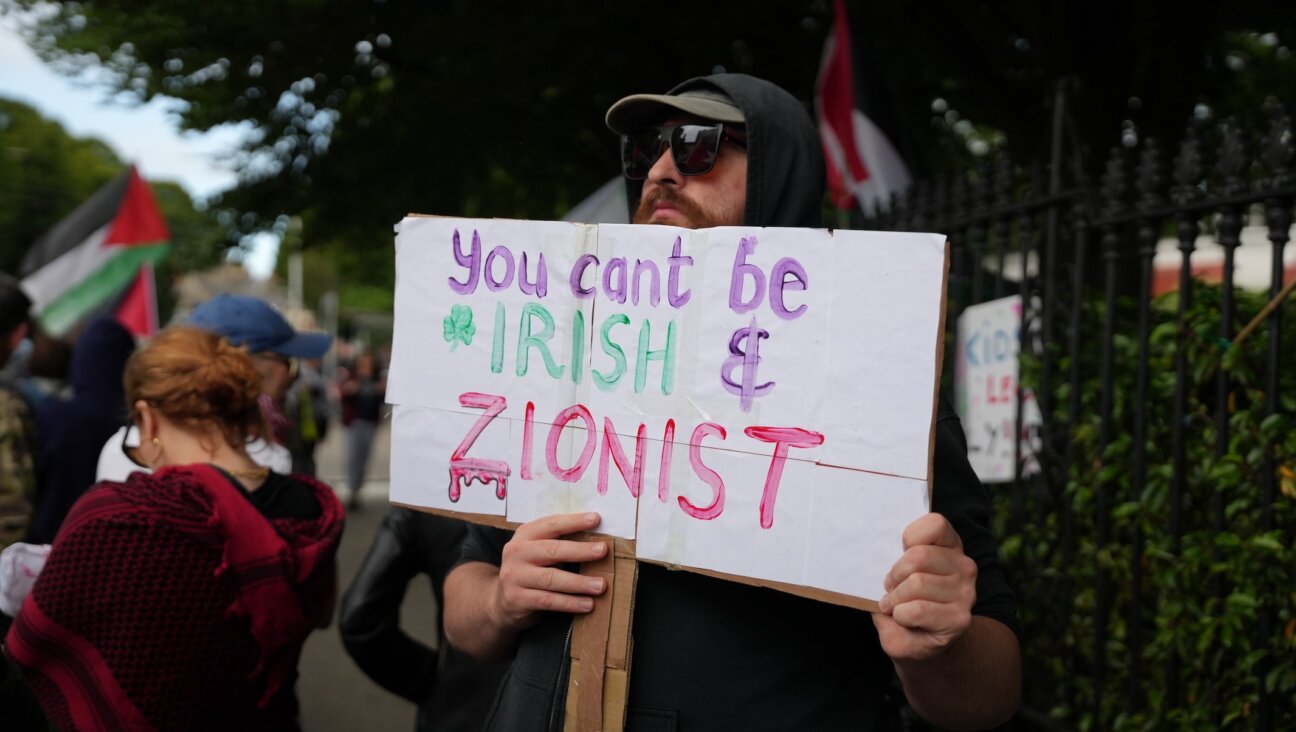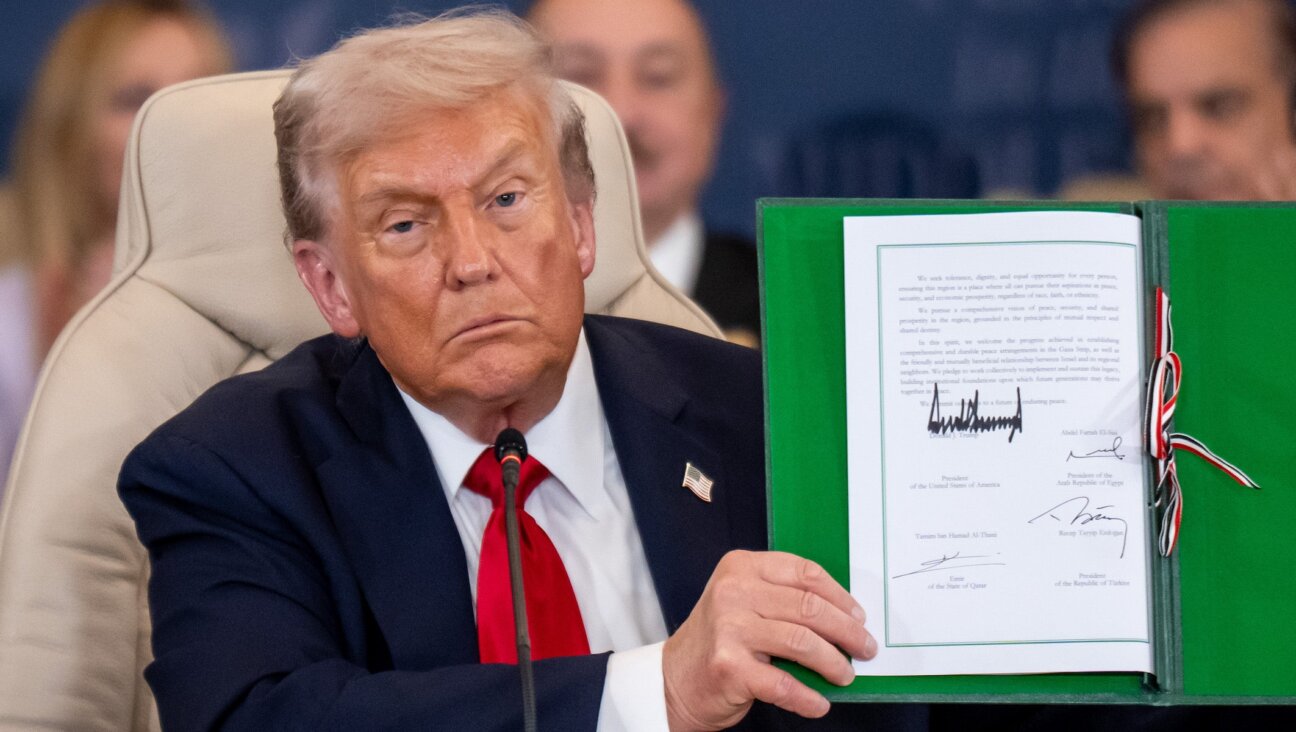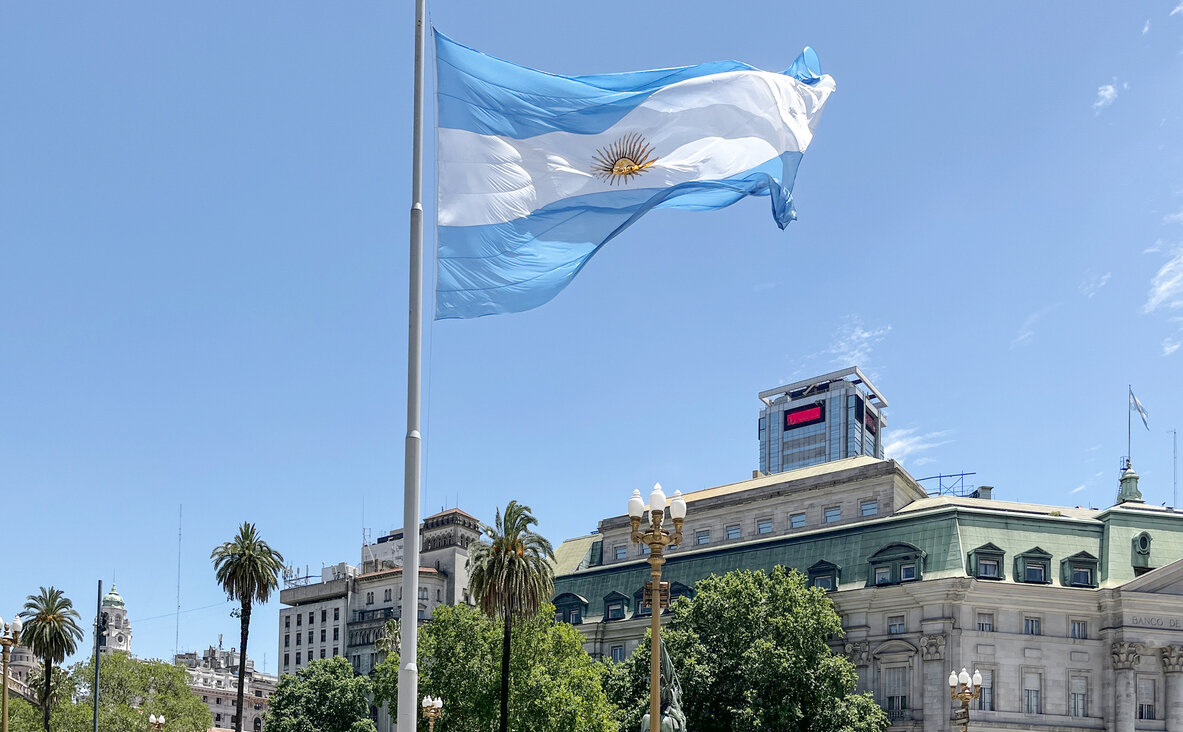FBI Reviews Killing of Boston Bombers’ Pal Eyed in Jewish Triple Murder on 9/11

Tamerlan Tsarnaev Image by getty images
A special Federal Bureau of Investigation team from Washington on Thursday began reviewing the death of a Chechen immigrant linked to the Boston Marathon bombing suspects, a day after he was shot and killed by an agent during questioning in Orlando.
The dead man, Ibragim Todashev, 27, was a friend of suspected bomber Tamerlan Tsarnaev and was under investigation for alleged ties to a triple homicide in Massachusetts in 2011, according to media reports citing law enforcement officials.
The FBI has made no official comment about the shooting since a brief statement on Wednesday morning when it said Todashev was killed after he suddenly attacked an agent during an interrogation at his Orlando condominium.
“We are not commenting on the incident at this time to ensure we don’t impact their (the review team’s) efforts,” an FBI spokesman said.
Todashev’s death was a bizarre twist in the Boston Marathon bombing investigation and it remained unclear what caused his alleged attack or what the main focus of the FBI’s questioning was.
Investigators believe Tsarnaev may also have been involved in the 2011 murders, but they added there is no evidence at this time connecting that crime with possible motives or activities leading up to the Boston bombings.
The independent FBI “Shooting Incident Review Team” plans to meet with friends of Todashev, including his housemate Khusen Taramov, who told Reuters he was contacted Thursday morning by the bureau.
Taramov, 22, had accompanied Todashev to what they believed was to be their final interview with agents on Tuesday night, but which ended in Todashev’s death.
Taramov said he will cooperate with the FBI review of the shooting, though he was skeptical of the agency’s public version of events. “Honestly, I don’t believe it,” he said.
In Grozny, Chechnya, Todashev’s father said he plans to travel to the United States, where he suspects his son was tortured and killed.
“I suspect that they tortured my son and that he suffered a painful death,” said Abdulbaki Todashev, wiping away tears at the home he shares with one of his wives in the mostly Muslim region of Chechnya in Russia’s North Caucasus.
“I will try to go to (the United States) and get to the truth,” he said.
Government records show that Todashev entered the United States on a Russian passport in 2008 with a visa for work-and study-based exchange programs, according to a law enforcement source.
Later, he was granted permanent residency, the source said, adding that he lived in Boston at first but later moved to Florida.
Todashev is one of at least two friends of the elder Tsarnaev, also of Chechen ethnicity, who federal investigators have been looking at closely since Tsarnaev and his younger brother, Dzhokhar, were first identified as suspects in the marathon bombing on April 15, killing three and injuring 264 others.
U.S. media sources reported that Todashev, a mixed martial arts fighter, confessed to his involvement in the unsolved 2011 triple homicide in a Boston suburb, fingering deceased Boston bombing suspect Tamerlan Tsarnaev in the process. The victims, including a close friend of Tsarnaev, had their throats cut in an apartment. News reports said marijuana was strewn over their bodies.
Taramov said Todashev was trailed constantly by agents for the past several weeks and questioned repeatedly by phone and in face-to-face interviews which lasted as long as five hours. The housemate said he was questioned as well.
Taramov also said he never heard anything from agents about the triple murders until after Todashev was killed and he heard what the FBI was saying on the news.
“They were asking different questions like how did we meet the guys (Boston bombing suspects), the kind of relationship we had with the guys,” Taramov said, adding the agents asked about their views on America.
Federal court officials in Boston delayed Dzhokhar Tsarnaev’s first appearance in court until July 10, when he will face a probable cause hearing on charges that carry the possibility of the death penalty.















